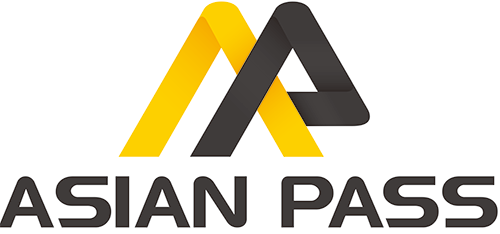PROCEDURES FOR APPLYING FOR A RETAIL ALCOHOL LICENSE

When it comes to business, especially special items like alcohol, compliance with legal regulations is a key factor to ensure legal and sustainable operations. In Vietnam, alcohol retail business activities are strictly managed through the licensing system, to control the quality, origin of products and protect the health of consumers. In order to officially bring alcohol products to customers, individuals and business organizations must complete the procedure for requesting a retail alcohol license. This is an important legal process, requiring careful preparation of documents and compliance with business conditions as prescribed. For those who are looking for a clear and precise roadmap to complete this procedure, let’s join Pham Consult to learn about the key issues and necessary steps in the licensing process.
- Regulations of Vietnamese law on principles of alcohol management
Alcohol is a food-based alcoholic beverage, produced from the fermentation process (with or without distillation) from starch of cereals, sugar solution of plants and fruits or mixed from food alcohol (Ethanol). Alcohol does not include: Beer of all kinds; fermented fruit juices of all kinds with alcohol content of less than 5% by volume. Alcohol trading is an industry and business line in the list of conditional investment and business lines stipulated in the Investment Law. Therefore, organizations and individuals trading in alcohol must comply with the provisions of the Law on Prevention and Control of Harmful Effects of Alcohol and Beer and the provisions of Decree No. 105/2017/ND-CP of the Government (amended and supplemented by Decree No. 17/2020/ND-CP).
According to Article 4 of Decree 105/2017/ND-CP (amended and supplemented by Decree 17/2020/ND-CP), retailers of alcohol with an alcohol content of 5.5 degrees or higher must have a license. In addition, during the retail sale of alcohol, retailers must comply with the provisions of the law on environmental protection, food safety, fire prevention and fighting.
- Rights and obligations of alcohol retailers
According to Clause 4, Article 18 of Decree 105/2017/ND-CP, alcohol retailers have the following rights and obligations:
– Purchase wine from domestic wine producers, wine distributors, wine wholesalers according to the contents stated in the license;
– Sell wine to wine merchants for on-site consumption or sell directly to buyers at the merchant’s business locations according to the contents stated in the license.
- Conditions for retailing wine
To be able to apply for a Wine Retail License, the merchant must first meet the conditions for retailing wine, specifically as follows:
– Be an enterprise, cooperative, cooperative union or business household established in accordance with the provisions of law.
– Have the right to legally use a fixed business location with a clear address.
– Have an introduction letter or a contract in principle from a wine producer, wine distributor or wine wholesaler.
- Application for a Retail Liquor License
The application for a Retail Liquor License is stipulated in Article 23 of Decree 105/2017/ND-CP (amended and supplemented by Decree 17/2020/ND-CP), including the following types of documents:
(i) Application for a Retail Liquor License according to Form No. 01 issued with Decree 17/2020/ND-CP.
(ii) Copy of the Certificate of registration of an enterprise, cooperative, cooperative union or business household.
(iii) Copy of the lease/borrowing contract or document proving the legal right to use the proposed retail location.
(iv) Copy of the introductory letter or principle contract of the wine producer, wine distributor or wine wholesaler.
- Procedures for requesting a Retail Liquor License
The authority to issue a Retail Liquor License in the production sector is the People’s Committee at the commune level. The Retail Liquor License is valid for 05 years.
Step 1: Submit application.
The trader submits the application directly or by post or online (if applicable) to the competent licensing authority.
Step 2: Within 10 working days from the date of receipt of a complete and valid application, the competent state agency shall review, appraise and issue a license to the trader. In case of refusal to issue, a written response must be given stating the reasons.
In case the application is not valid, within 03 working days from the date of receipt of the application, the licensing authority must issue a written request for additional information.




 VI
VI